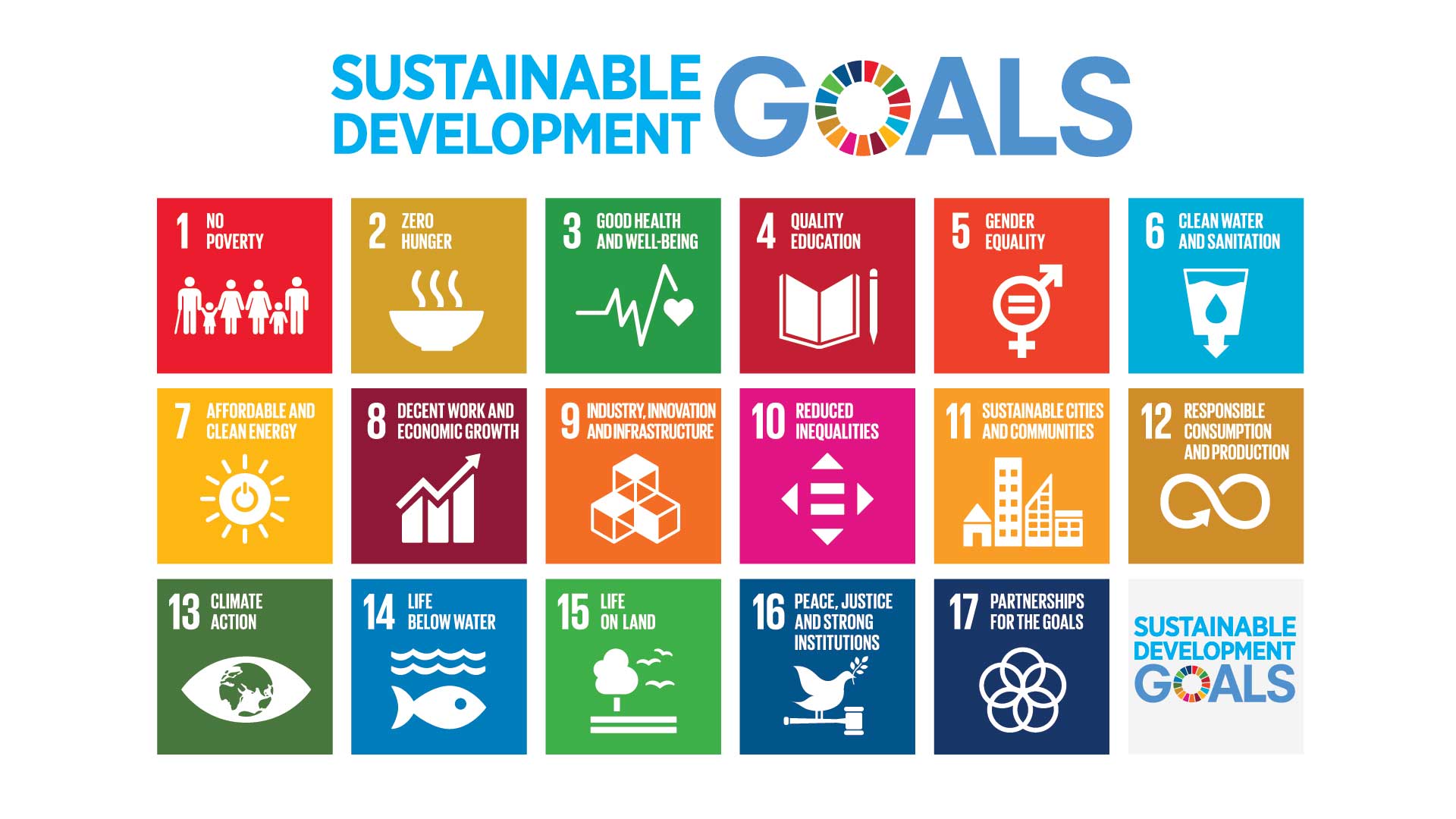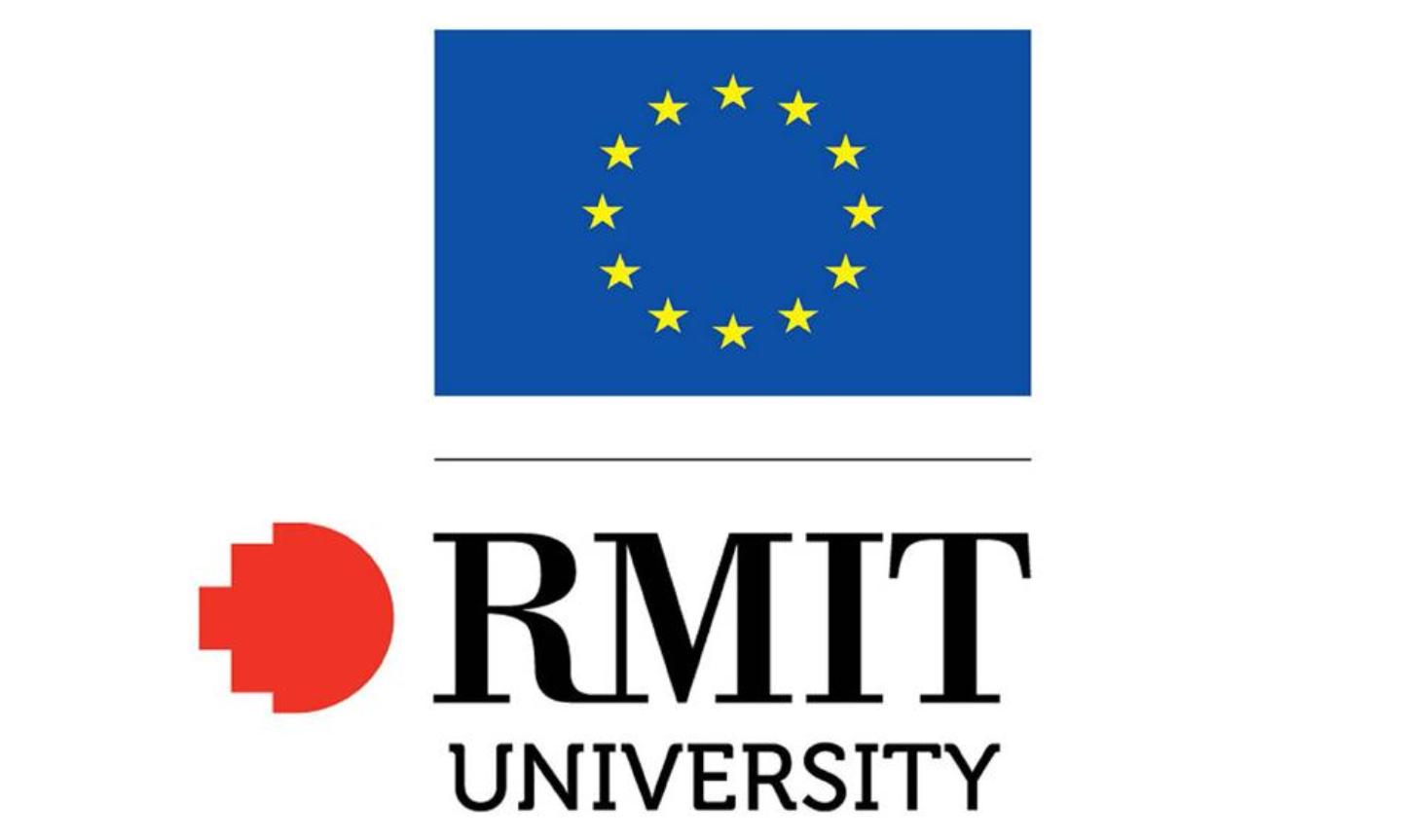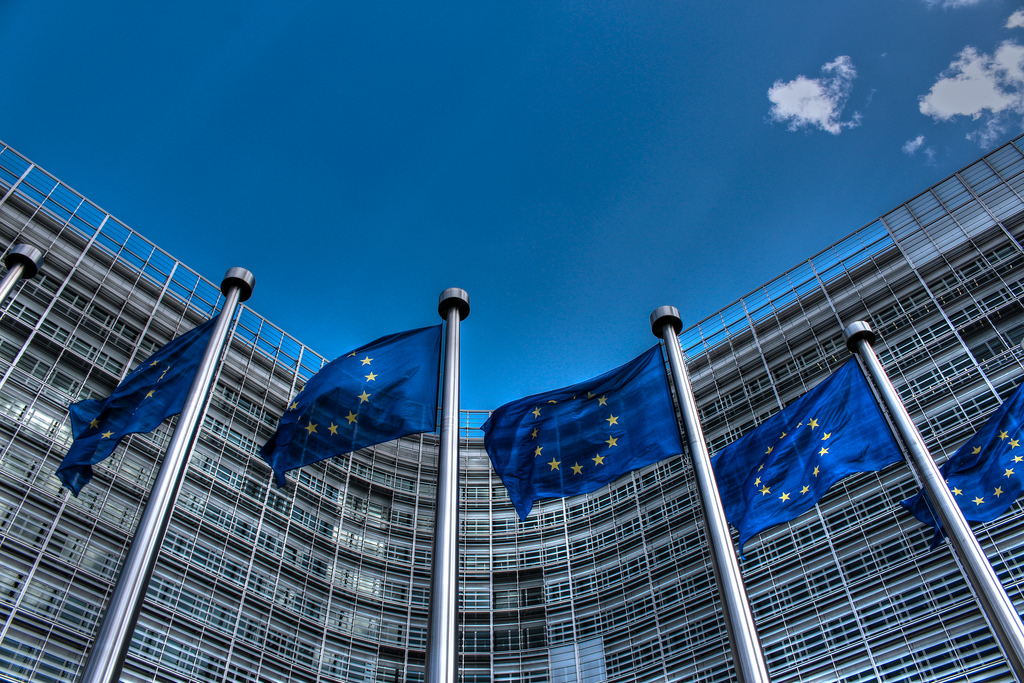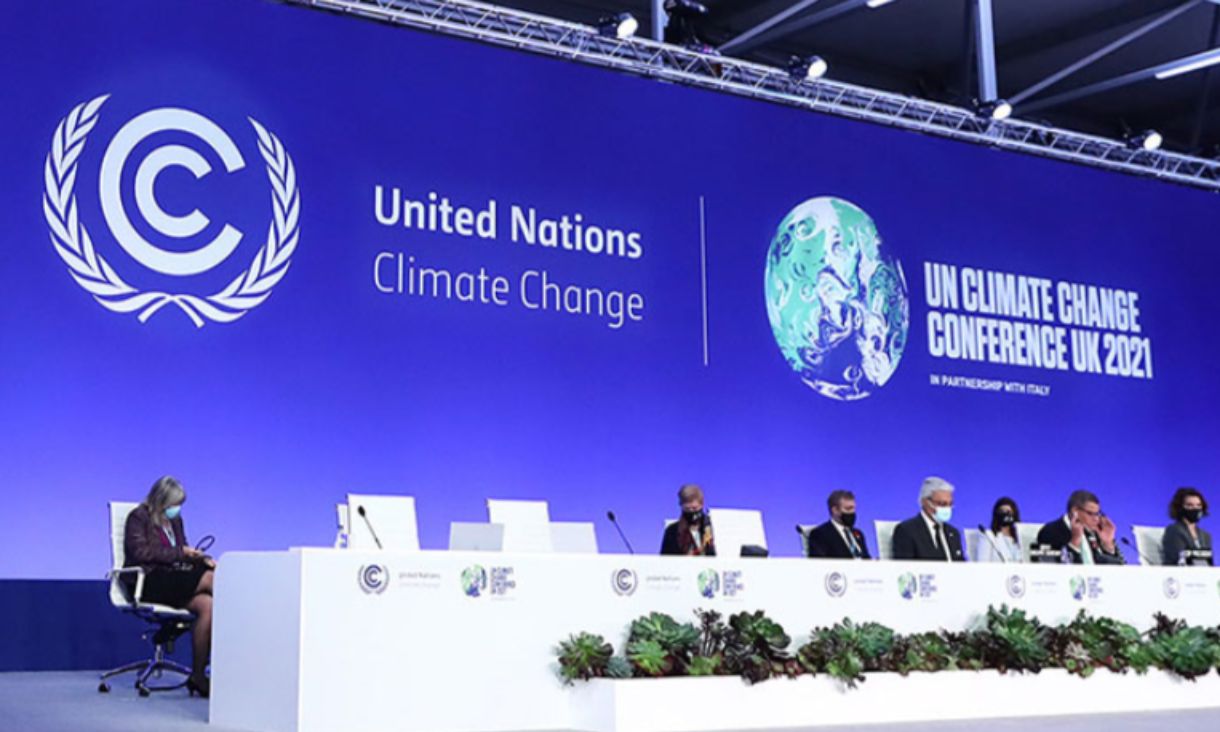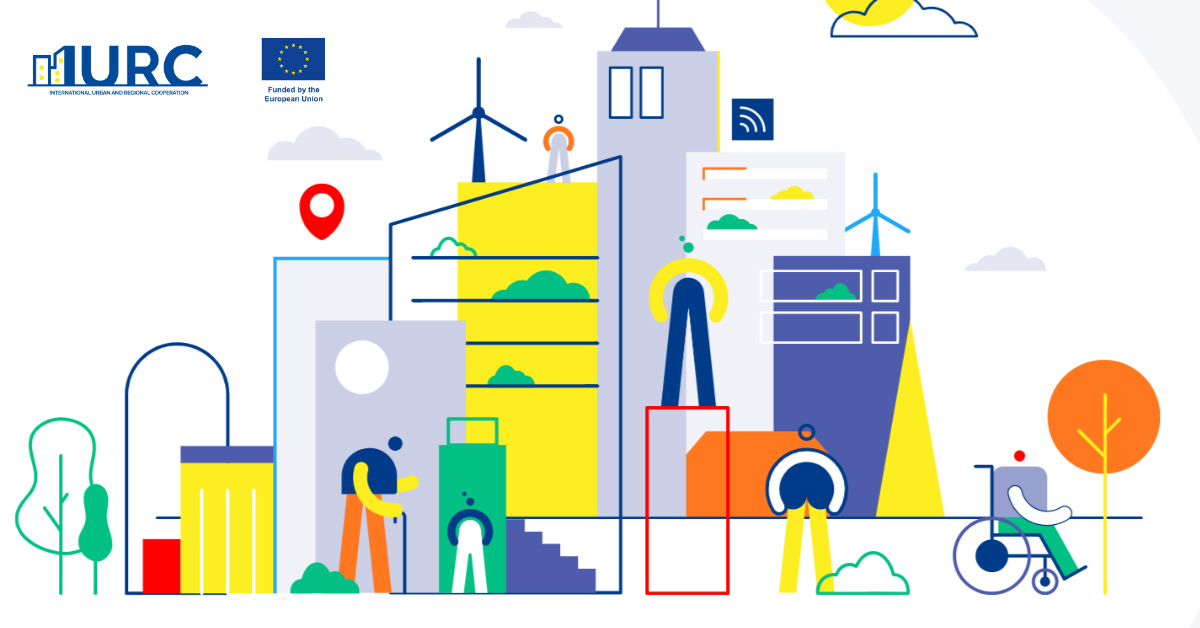In September 2015, the United Nations unanimously adopted the 2030 Agenda, seventeen Sustainable Development Goals (SDGs) to shape international efforts to promote a sustainable, peaceful and equitable world by 2030. The SDGs offer a new way of positioning universities, and all of us who work in them, within the world.
Universities themselves are increasingly focusing their attention on the SDGs. In 2018, the Times Higher Education World University Rankings introduced a new measurement based on the Goals, which aims to rank global universities’ success in delivering on SDG targets. Institutions across the world—including RMIT—are looking to the SDGs as a framework for teaching, research, engagement and impact.
The Jean Monnet Sustainable Development Goals Network is delighted to announce a new workshop for graduate students and early career researchers (broadly defined) aimed at making sense of the emerging place of the SDGs in universities. The workshop will be held online on
Thursday, 22 October 2020 from 10am - 1pm. Researchers interested in making the SDGs more central to their work are particularly encouraged to apply.
The workshop will address the ‘troubles and opportunities’ with SDG engagement and research. It will address the following issues:
Context: Institutional and Country
The troubles and opportunities for universities engaging with the SDGs
Methods: Measurement and the SDGs
The troubles and opportunities with a methodological focus on measurement.
Content: The Politics of SDG Research
The troubles and opportunities of engaging with the politics of the SDGs in our research.
Interested research students/early career researchers should send a 100-word summary of your research and a 100-word bio to emma.shortis@rmit.edu.au by Friday, 16 October 2020. Applicants will be notified of the outcome by Monday, 19 October.
About the Jean Monnet Sustainable Development Goals Network
The European Union (EU) is the global leader in development policy and aid. The EU was an active contributor throughout the process of the development of the SDGs. In June 2016, the EU released Shared Vision, Common Action: A Stronger Europe, the EU’s Global Strategy for its Foreign and Security Policy. It aims for global prosperity and speaks about building resilient societies which require fulfilling the SDGs worldwide. In November 2016, the European Commission released a statement for the EU institutions: Proposal for a new European Consensus on Development – Our World, our Dignity, our Future. The paper outlined a framework for implementation of the SDGs under the priorities of People, Planet, Prosperity and Peace. It emphasised that the Goals can best be met through enhanced cooperation of the EU and its Member States, which is possible only through the EU integration process. Since then, this principle of collaboration and implementation has been reinforced for EU Member States and Asian nations through forums such as the Asia-Europe Meeting and the Asia-Europe Foundation. In the European Union, the SDGs are a central pillar of internal and external policy and action, across all levels of governance.
The Jean Monnet Sustainable Development Goals Network was established in 2017. The Network formalises the relationships amongst researchers, policy think tanks and Non-Government Organisations who share a primary interest in enhancing the effective contribution of the EU to the implementation of the SDGs in the Asia Pacific. By strengthening collaboration amongst researchers and policy makers, the Network promotes a more effective evidence-base for EU institutions to engage with nations in the region to implement the SDGs. Its core question is: how can European Union integration be more effective in supporting the implementation of the SDGs in Asia and the Pacific than would be possible for individual Member States? How can this role be developed further?
For more information, please subscribe to the EU Centre’s mailing list or contact us directly.

